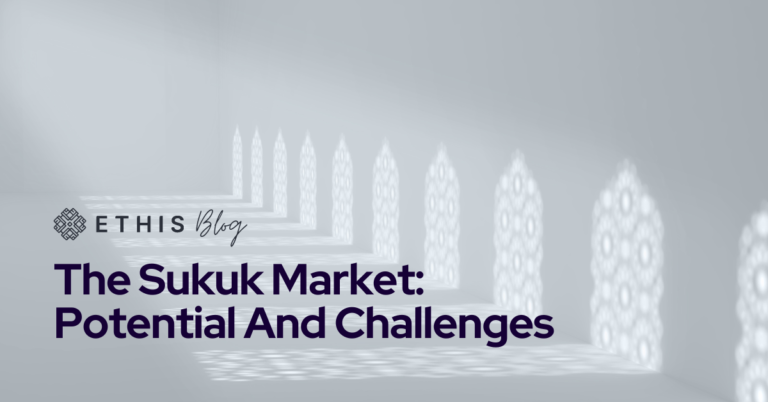
By Reda Diab, Senior Business Development Manager, TAIF Digital Institute for Islamic Finance – Before the COVID-19 pandemic, sukuk of all kinds grew by 21% approximately as an average annual rate from 2016 to 2020. This makes it one of the most attractive and stable Islamic instruments in Islamic finance.
The value of long-term sukuk was double that of short-term sukuk in almost the same period. In 2019, corporate sukuk accounted for 21% of short-term sukuk issues (12 months or less), worth approximately $8.5 billion.
In 2020, the ratio dropped to only 13% for the same type, almost to $7.5 billion, bearing in mind that in the same period, the value of short-term sovereign sukuk, for example, rose from $12 billion in 2019 to $17 billion in 2020.
What are the scenarios expected for the coming sukuk market in the current climate of uncertainty on the global scene, which will have the most significant impact on the financial decision-making processes in the coming period?
The world has suffered from severe economic issues since the start of the COVID-19 pandemic, affecting almost all sectors, especially after the Russian-Ukrainian war. These problems caused inflation in many emerging markets, resulting in them raising the interest rates in banks from 15% to 20%.
Related: How Sukuk is a Driving Force in the Development of Islamic Finance


Expectations: We may face one of the following scenarios:-
1. Processes continue to slow down
This is due to the climate of uncertainty dominating the world economic situation. These problems can be found in international supply chains and the current banning of imports and exports issued by many countries.
This is meant either to protect its national currency because of increasing importing processes with foreign currencies, or to protect strategic commodities from being exported outside the country due to the uncertainty of the stability of the food commodities market as the Russian-Ukrainian war continues.



2. The increased issuance of corporate Sukuk (albeit slowly)
This is driven by countries that were exposed to crises due to the war or due to the rise in energy prices to undertake projects that can rely on their domestic products, whether in the food or energy sectors.
One of the most important sovereign issues in the Arab world, the sukuk of Sudan sovereign (Shihama), which was released from 1999 to 2016, faced problems due to inflation.
Related: Sukuk – The Process of Issuing Islamic Bonds


Risks and rewards of Sukuk
Researcher Badawy Mohamed Ahmed calculated the real rate of return on the government participation certificates for Shihama and calculated the real value of the returns using the Fesher equation.
From the study, he concluded that 10 years of the total study years (18) showed returns of less than 50% of their nominal rates. It was the lowest in 2014 at a negative rate of 110.8, indicating the risk of higher inflation rates on the real returns of sukuk.
Suppose this is a model for a single country, namely Sudan. In that case, we can imagine the risks to which the issuance of the sukuk could be exposed in the coming period in light of the expectations of six interest hikes based on the Federal Reserve’s expectations.
In addition, political and economic problems may significantly impact the sukuk industry, especially the Islamic financial sector, in the coming period.
Related: Guide To Investing in Sukuk: How It Could Impact Your Portfolio
Therefore, those who are in charge of the Islamic financial industry should begin to study how to avoid the multiple risks that we all face in the coming period and even do their best in some things that we consider to be taken for granted, especially the question of measuring the current banknotes in gold and silver. However, we all know that there is no full gold cover for these funds.
The changes that have begun to loom and have been talked about by a number of Western world leaders about the need to create a new world order, make it imperative to seize this opportunity to put Islamic finance on the map.
This will be possible only by starting new jurisprudence and developing a road map for Islamic finance in at least the next 50 years, so that Islamic finance will not remain trapped in the search for legitimate exits to the traditional financial solutions offered by the global financial institutions.





Top Posts
Islamic P2P Crowdfunding Explained
Halal Money Matters: How Muslims Can Balance Deen and Dunya with Smart Islamic Finance
Halal Investments for Singapore Muslims? It’s time for a shake-up in the Islamic Investments scene.
Smart investment for making Halal money
3 Reasons Why Property Crowdfunding is the Smart Investment for You